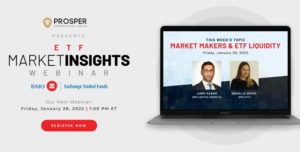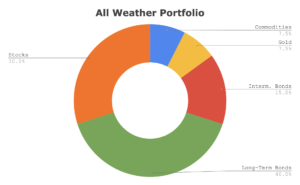
By John Moran
For the Financial Independence Hub
Moving abroad as an expat is a huge decision and it can be a little daunting. With so many big decisions ahead of you, it can feel tough to stay on top of everything that there is to do.
Here’s a list that you can use as a guideline for some of the most important things you’ll need to plan before you move abroad.
Insurance
Do some research and find out what your options are in terms of travel insurance, as well as health and medical insurance once you’ve moved over. In most cases, IMG Global is a good option for any expatriates since its available to all nationalities and offers worldwide service.
You’ll also need to consider travel insurance for your luggage and any other travel-related emergencies, as well as home or contents insurance once you arrive, life insurance and other necessary policies.
Bank Accounts
Opening an international bank account is a good start, especially if you’re planning on moving money, but there are also specifically designed expat bank accounts.
Do some research and spend time asking questions to those in the know. Fortunately, this isn’t a make-or-break decision, since you can always change over to a different bank at a later stage. However, to avoid unnecessary spending, try to make the right decision early on.
You’ll also want to make sure that this is sorted out before you make the move, which should be manageable since creating a bank account online has become easier than ever.
Transport
Once you’ve landed in your new home, you’re going to need a way of getting around. Consider the area you’re in, how far you’ll be living from your place of work, what the public transport is like, etc.
If you’re planning on using public transport to get around, make sure to factor that into your budget and your search for a new home. If you’re looking to purchase a vehicle, start doing research on what’s available, what fits into your budget and what documents you’d need to do so as a foreigner.
Accommodation
Where you live is not only important for practical reasons, but this will play a major role in how you and your family adjust and settle down. Moving abroad is a big life change, and feeling unsettled or uncomfortable in your own house is a sure-fire way to feel the effects of homesickness as soon as you arrive.
Choosing a home that everyone in your family likes and feels comfortable in is important for this reason. You’ll also want to make sure that it’s in a good location and fits easily into your budget.
Moving Companies
When you move abroad, you have the option to sell all your possessions and use the money you get to start fresh, from scratch in your new home. Many people find this to be the easiest option and even find great joy in being able to create their dream home from the ground up.
However, many people have established entire homes and don’t want to give up what they own, due to sentimental reasons, financial reasons, or various other factors. Continue Reading…






